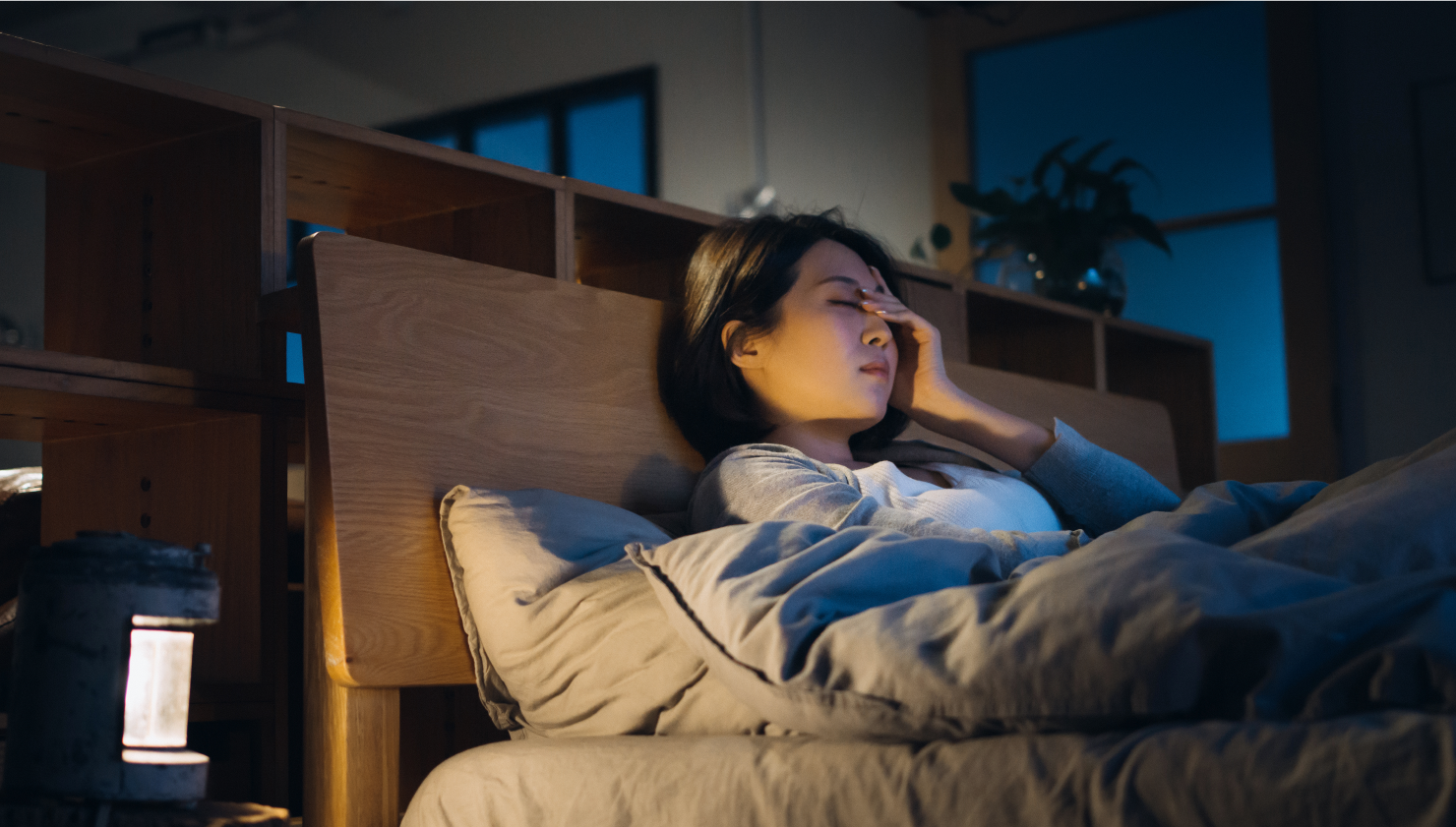Our bodies operate according to schedules, just like the rest of our lives. Our days may vary, but we always wake up in the morning and go to bed at night. Your circadian rhythm is to thank for that.
If you’re unfamiliar with the term circadian rhythm, then let us explain what it is and how it helps to keep our body on a schedule.
Circadian rhythm
Circadian rhythms are natural processes that occur throughout the day and affect plants, animals, and most other living organisms.
Human circadian rhythms are characterized by physical, mental, and behavioral changes that occur in 24-hour cycles.
Light-related circadian rhythms are the most commonly thought of in these natural processes, also known as sleep-wake cycles. This refers to the cycle or rhythm that helps us stay awake during the day and fall asleep at night.
How does the circadian rhythm work?
Every tissue and organ in our body run’s on its own biological clock. These clocks continually work to tell our bodies when to be more active or when to slow down.
All these small biological clocks are controlled by one big internal master clock, which is really a structure of 20,000 nerve cells called the suprachiasmatic nucleus (SCN). The SCN receives direct input from the eyes, which directs it on how to act.
The light we see during the day and the dark we see at night signals to the SCN to either keep us awake or help us fall asleep. The light keeps the circadian rhythm in sync within a 24-hour day.
What disturbs the circadian rhythm
Our circadian rhythms can be disrupted by changes in our bodies and environmental factors such as:
- Unhealthy sleep habits
- Shift work
- Travel
- Sleep disorders
- Electronics
Maintaining a healthful circadian rhythm may involve adjusting certain habits to match a more natural rhythm.
Let’s take a look at eight tips to help support a more natural rhythm.
Tips for fixing your circadian rhythm
Consistent sleep schedule
Arguably one of the most helpful tips is going to sleep and waking up at the same time every day. As simple as it sounds, keeping a regular routine will naturally balance your circadian rhythm and help send cues to your body to start feeling sleepy around the same time at night so you can wake up at your regularly planned time in the morning.
Morning walk
Getting out first thing in the morning is not only great for your body and overall health but also signals to your SCN that it’s daytime, meaning it’s time to be awake and active. Even if you’re unable to get out and walk around every morning, simply sitting in the sun outside or by natural light can do wonders for your circadian rhythm.
Limit caffeine
Caffeine is one of those things that you have to be careful of. It’s great for giving that extra boost we all need to get going in the morning, but you should watch how much you take later in the evenings. The stimulant that caffeine provides can hinder your body’s circadian rhythm and prevent you from winding down later in the day.
Avoid naps
Napping is something else you need to watch and avoid if possible. Although the idea of a midday nap sounds appealing, it disrupts your circadian rhythm and will make it harder to fall asleep at night.
Avoid heavy meals
Eating a heavy meal or snack right before bedtime can be tempting, but the digestion that is required of large meals prevents your body from winding down and inhibits your circadian rhythm from helping you fall asleep.
Avoid evening exercise
If possible, exercise should be done during the daytime, which will not only support your circadian rhythm and tell you to keep going but will also help give your energy levels that extra boost to get you through the day.
Calming activities
Incorporating activities that help you wind down after a long day is a great way to get your circadian rhythm in sync with your schedule, allowing you to naturally feel sleepy and ready for bed. Whether it’s reading your favorite book, taking a bath, or doing a puzzle, any activity that you find calming and puts you in a relaxed state is a great way to end the day.
Night time routine
The final tip we’ll suggest for fixing your circadian rhythm is having a nighttime routine. Keeping a similar bedtime routine will allow your body and mind to know it’s time for bed. As time goes on, you’ll naturally feel more tired and relaxed as you begin your routine.
Fixing your circadian rhythm won’t happen overnight, but by incorporating some of these habits into your daily life, you’ll be on the right track. We at MLILY strive to support you on your journey to having the best sleep possible every night of the week. With our state-of-the-art mattresses and pillows, you’ll experience the deepest, most restorative night of sleep every day of the year. Contact us today to see how we can play a part in getting you the rest you need to create a more natural healthy circadian rhythm.



